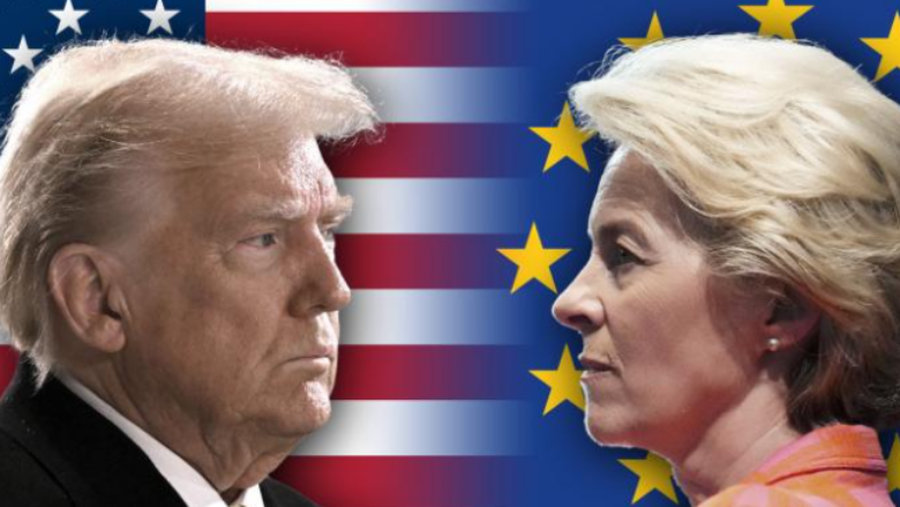
President Donald Trump has announced a series of tariffs that will take effect immediately, a move that has rattled markets and raised concerns about an escalation in the global trade war. The move is part of a policy known as "Liberation Day," which is expected to be one of the most aggressive tariff measures in modern U.S. history.
At a news conference, White House press secretary Caroline Leavitt announced that the tariffs, which will be announced in the Rose Garden on Wednesday at 4 p.m. ET, will take effect immediately. Trump has been pushing for tough tariffs as a solution to several trade policy issues and to protect American interests, despite warnings from economists and business leaders that the tariffs could have negative effects on the global economy.
One of the main concerns is that Trump could impose tariffs on all US trading partners, including the European Union, which could respond with countermeasures.
Ursula von der Leyen, the president of the European Commission, has warned that the EU has a "strong plan" to react to these tariffs and stressed that a "negotiated solution" is still possible to avoid an open trade confrontation.
Von der Leyen has stressed that, if negotiations fail, Brussels will take strong countermeasures, using all options on the table. This could include measures on goods and services, a step that could further escalate trade tensions.
However, the bloc is still committed to finding a negotiated solution, although it has warned that "strong countermeasures" could be taken if talks fail.
"We would all be better off if we found a constructive solution. At the same time, it should also be clear: Europe did not start this confrontation. We do not necessarily want to retaliate, but we have a strong plan to retaliate if necessary," von der Leyen told lawmakers in Strasbourg.
As trade tensions rise, Von der Leyen has intensified her engagement with leaders across the bloc to ensure a unified front against the White House. (A2 Televizion)











